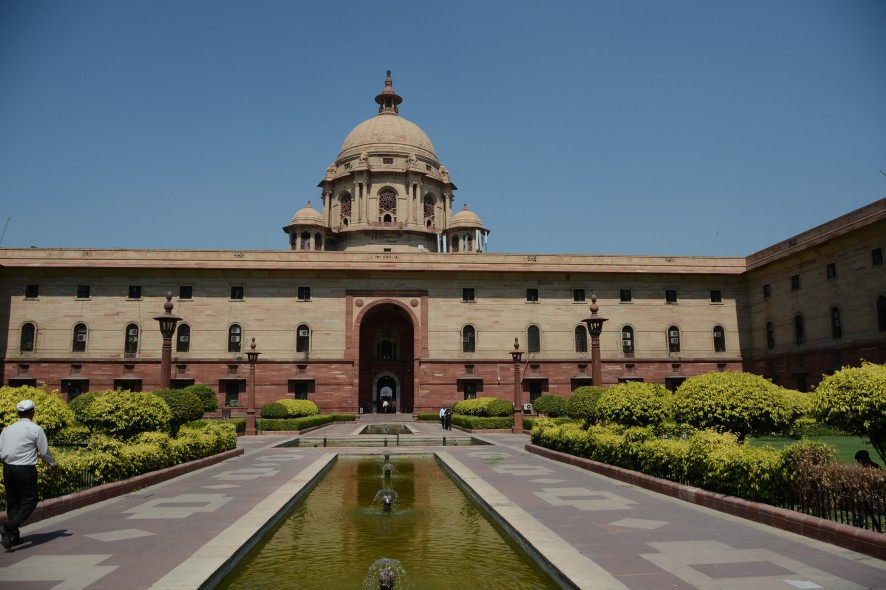India joins the nations of the world in lauding the Hydroflurocarbon (HFC) Amendment to the Montreal Protocol, agreed to at the 28th Meeting of Parties at Kigali, Rwanda. The Kigali Agreement is a reaffirmation of the global intent to mitigate climate change and exemplifies international co-operation in this regard. The Kigali Amendment to the Montreal Protocol is legally binding and will come into force from January 1, 2019.
The Agreement upholds the principle of Common but Differentiated Responsibilities and Respective Capabilities (CBDR & RC). It recognizes the development imperatives of high-growth economies like India, and provides a realistic and viable roadmap for the implementation of a phase-out schedule for high global warming potential (GWP) HFCs.
Speaking on the occasion, Minister of State (Independent Charge) Environment, Forest and Climate Change, Shri Anil Madhav Dave said, “We were flexible, accommodative and ambitious. The world is one family and as a responsible member of the global family, we played our part to support and nurture this agreement”.
India is happy to have played a positive, constructive and collaborative role towards reaching this agreement. Right from the outset, India demonstrated exemplary flexibility and an open mind to work with all nations. This enabled a fair and equitable, yet ambitious Agreement that is in the best interest of our people, in the best interest of all developing nations, and in the best interest of the world.
Speaking after the adoption of the amendment, Secretary, MoEFCC, Shri Ajay Narayan Jha said, “We arrived in Kigali with an open mind and a sense of accommodation to get the best deal for India, for the developing countries and for the world. We have achieved that”.
“We have achieved an ambitious climate agreement while protecting the interests of the country”, Joint Secretary, MOEF&CC and the key negotiator for the Kigali meeting, Shri Manoj Kumar Singh added.
Ministry of Environment and Forests







